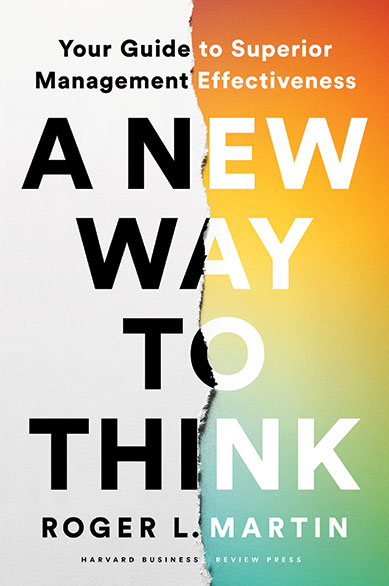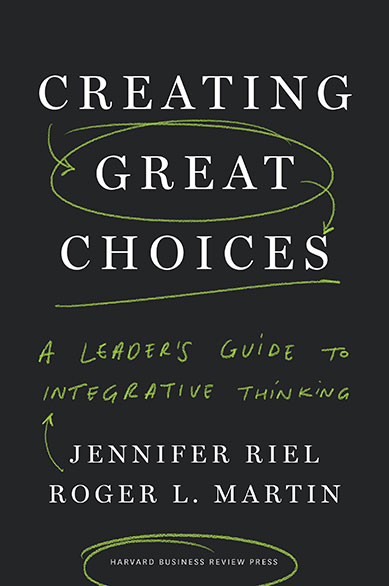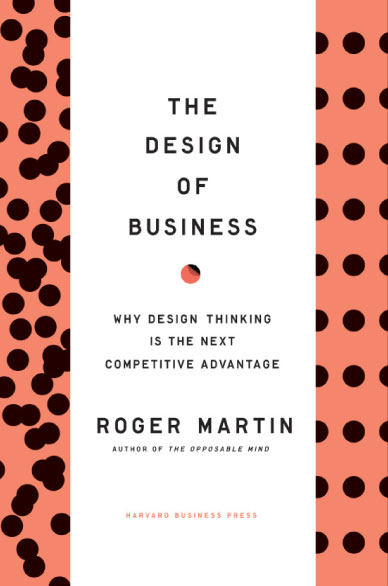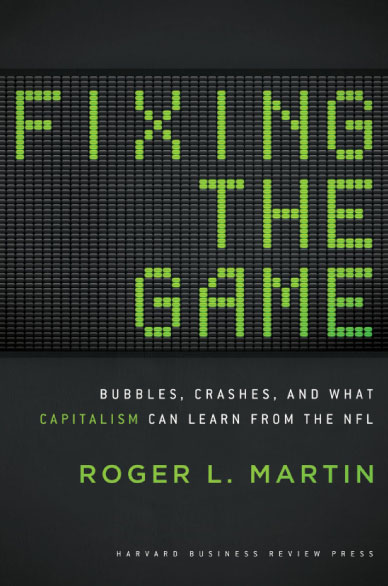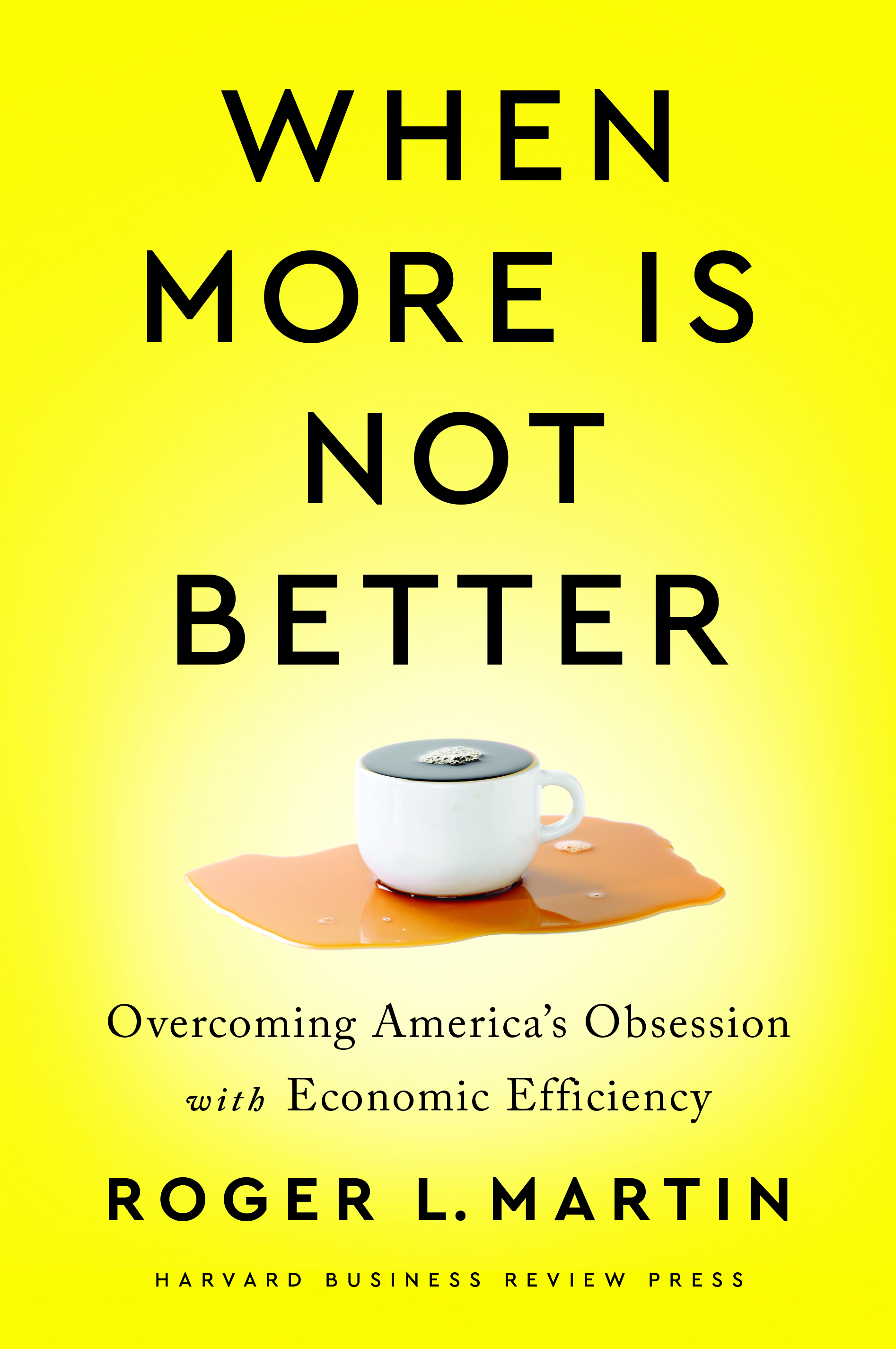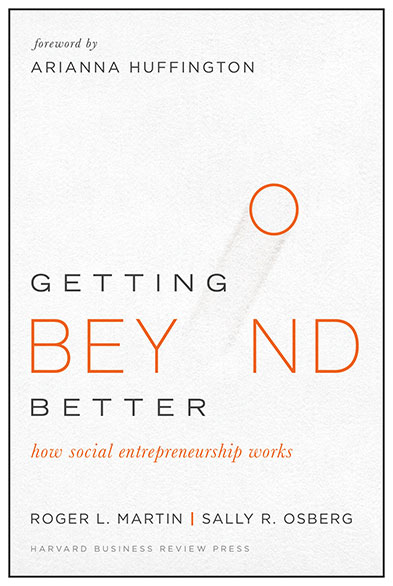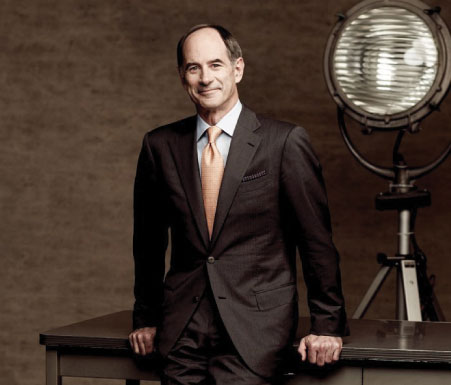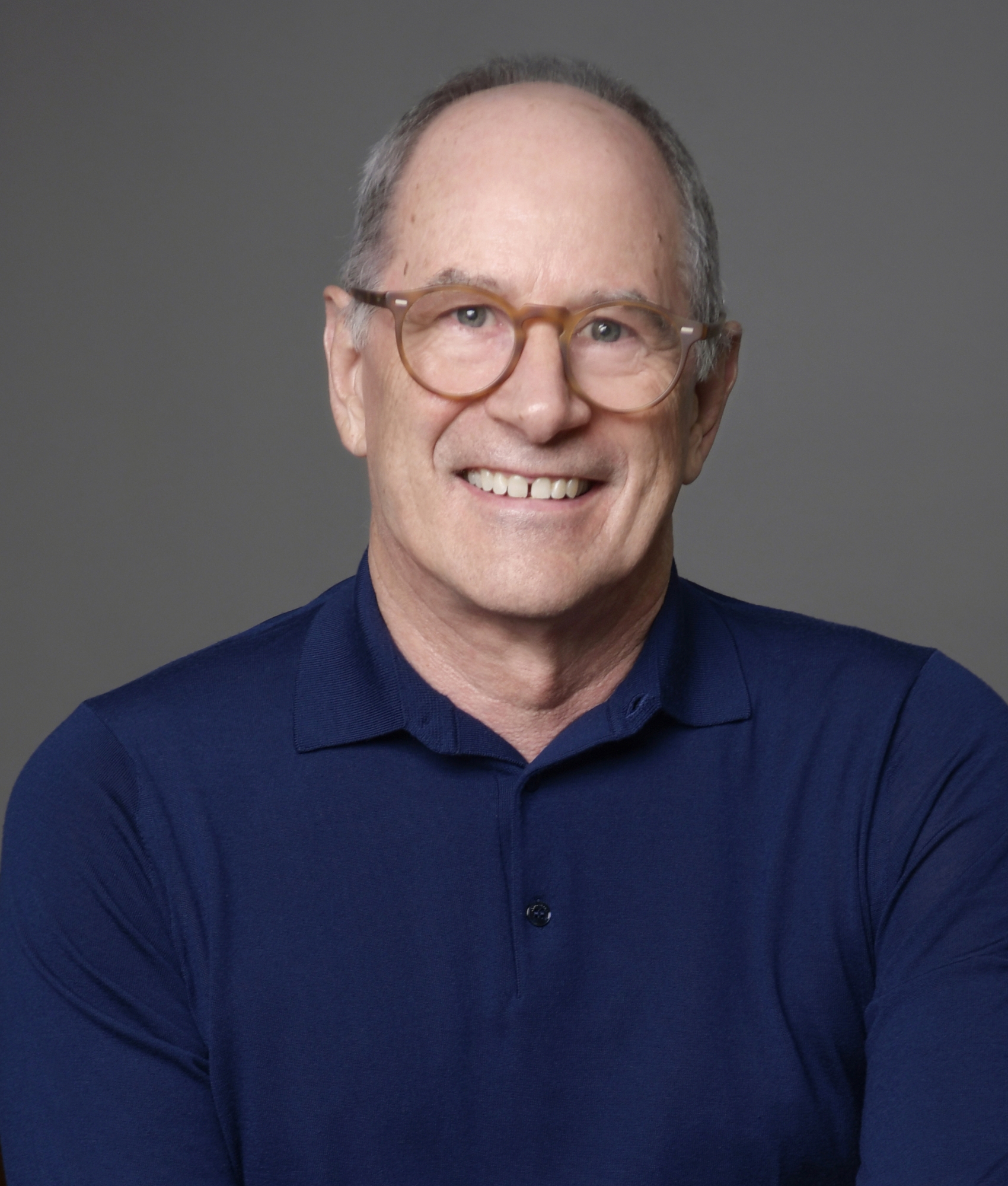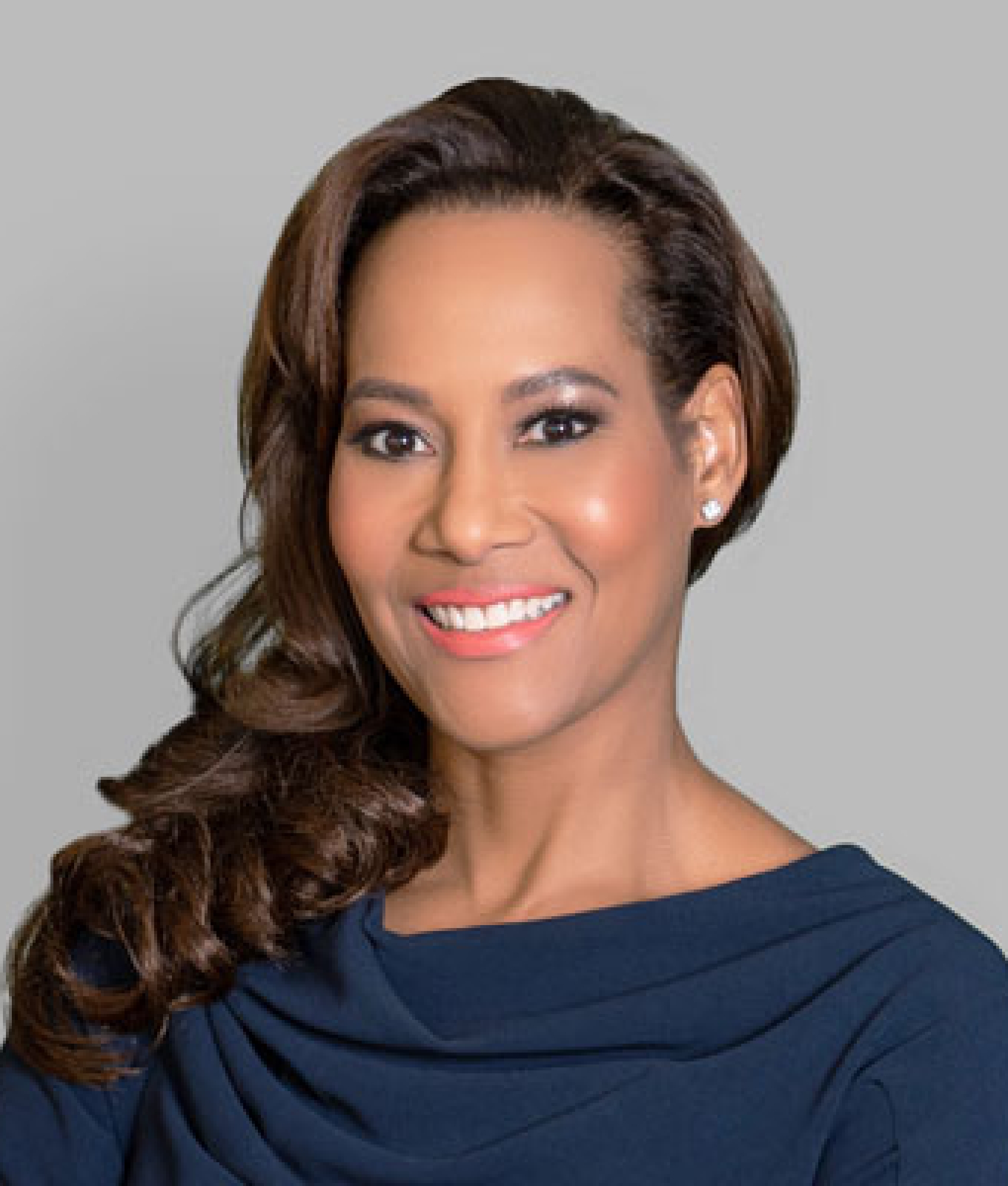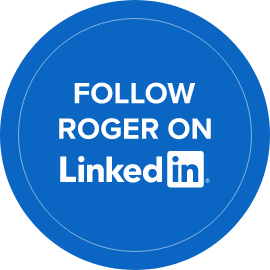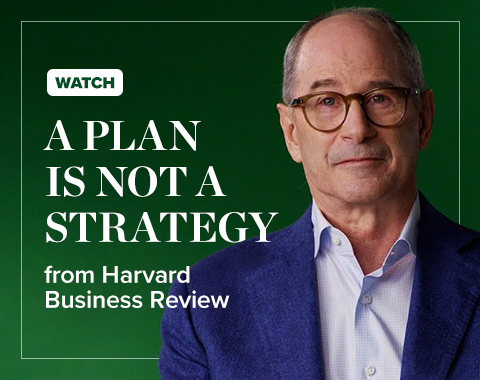-
Peter Drucker in the 21st Century
Claus Mossbeck, Director at AVT Business School
November 25, 2024
-
Harvard Business Review
What Managers Get Wrong About Capital
May-June 2020
-
Harvard Business Review
The One Thing You Need to Know About Managing Functions
with Jennifer Riel
July-August 2019
-
Harvard Business Review
The High Price of Efficiency
January-February 2019
-
Harvard Business Review
Management Is Much More Than a Science
with Tony Golsby-Smith
September-October 2017
-
Harvard Business Review
Design for Action
with Tim Brown
September 2015
-
Harvard Business Review
Two Keys to Sustainable Social Enterprise
Roger L. Martin and Sally R. Osberg
May 2015
-
Harvard Business Review
The Rise (and Likely Fall) of the Talent Economy
October 2014
-
HBR.org
Why Smart People Struggle with Strategy
Roger Martin
June 12, 2014
-
Harvard Business Review
Saving the Planet: A Tale of Two Strategies
with Alison Kemper
April 2012
-
Harvard Business Review
The Innovation Catalysts
June 2011
-
Harvard Business Review
The Age of Customer Capitalism
January/February 2010
-
Harvard Business Review
Capital vs. Talent: The Battle That's Reshaping Business
with M. Moldoveanu
July 2003
-
Harvard Business Review
The Virtue Matrix: Calculating the Return on Corporate Responsibility
March, 2002
-
HBR.org
The Unexpected Benefits of Rapid Prototyping
Roger Martin
February 11, 2014
-
HBR.org
The Five Rules Every New CEO Should Follow
Roger Martin
October 14, 2013
-
HBR.org
The Cure for Self-Inflicted Complexity
Roger Martin
October 4, 2013
-
Harvard Business Review
Rethinking the Decision Factory
Roger L. Martin
October 2013
-
HBR.org
Our Self-Inflicted Complexity
Roger Martin
September 6, 2013
-
HBR.org
Should Barnes & Noble Turn into a Mini-Mall?
Roger Martin
July 15, 2013
-
strategy+business
Leading with Intellectual Integrity
A.G. Lafley and Roger Martin, with Jennifer Riel
May 28, 2013
-
HBR.org
Trending Again: Emoting at the World Economic Forum
January 28, 2013
-
HBR.org
Why I Decided to Rethink Hiring Smart People
October 17, 2012
-
Harvard Business Review
Target the Right Market
Roger Martin, Jill Avery, Thomas Steenburgh and MikeVolpe
October 2012
-
HBR.org
Before You Take a Risk, Lay Out the Logic
June 19, 2012
-
Financial Times
Is it worthwhile to advise the government?
Roger Martin, Brian Millar and Andrew Hooke
May 29, 2012
-
HBR.org
Do Financial Regulators Have Principles? Wanted: Financial Regulators with Backbone
March 22, 2012
-
HBR.org
The U.S. Needs to Make More Jobs More Creative
February 27, 2012
-
Rotman Magazine
Opening up the Boundaries of the Firm
Winter 2012
-
Reuters.com
The Limits of the Scientific Method in Economics and the World: Part II
November 11, 2011
-
Reuters.com
The Limits of the Scientific Method in Economics and the World: Part I
November 10, 2011
-
HBR.org
How to Make Companies Think Long-Term
October 3, 2011
-
HBR.org
CEOs Must Model the Behavior for Creating Societal Value
September 26, 2011
-
HBR.org
You Can't Analyze Your Way to Growth
September 12, 2011
-
HBR.org
Can Apple Survive Without Steve Jobs?
August 29, 2011
-
HBR.org
Are You Ready for Some Football?
July 25, 2011
-
HBR.org
Cool Alone Won’t Save Your Company
July 20, 2011
-
HBR.org
The Nasty Truth about CEO Pay
June 3, 2011
-
HBR.org
CEOs Should Be More Like Quarterbacks
May 3, 2011
-
Harvard Business Review
Don’t Get Blinded by the Numbers
March 2011
-
HBR.org
Finding the Hidden Gems in Your Business Model
February 22, 2011
-
Rotman Magazine
Building Better Decision Makers: The 3D MBA
Winter 2010
-
HBR.org
How I Knew AOL Time Warner Was Doomed (No, Really!)
November 2, 2010
-
Financial Times
The battleground that is business research
November 1, 2010
-
HBR.org
Board Chairs Should Be More Like Judges
October 14, 2010
-
HBR.org
Six Ways to Tell if You Have a Bad Board
September 29, 2010
-
HBR.org
Why Good Boards Aren’t There When You Need Them
September 20, 2010
-
Harvard Business Review
The Execution Trap
July-August 2010
-
HBR.org
Management Is Not a Profession — But It Can Be Taught
July 1, 2010
-
HBR.org
It’s Time to Tax the Wall Street Casino
May 11, 2010
-
HBR.org
Regulators' Challenge: Correct the Error or the Cover-up?
April 19, 2010
-
HBR.org
The Secret to Meaningful Customer Relationships
March 24, 2010
-
HBR.org
Saving Stock-Based Compensation From Itself
March 22, 2010
-
HBR.org
Why CEO’s Don’t Owe Shareholders a Return on Market Value
March 11, 2010
-
HBR.org
Why Modern Business Is Bad for Your Mental Health
February 23, 2010
-
HBR.org
The Inauthentic Communities of the Modern Executive
February 17, 2010
-
HBR.org
What We All Lost When Business Lost Respect
February 9, 2010
-
HBR.org
Management by Imagination
January 19, 2010
-
Financial Times
MBA World Needs to Broaden its Horizons
January 11, 2010
-
Harvard Business Review
Two Leading Researchers Discuss the Value of Oddball Data
November, 2009
-
HBR.org
Economic Forecasting: What's the Value of Outliers?
October 26, 2009
-
HBR.org
The Goldman Bonuses: I'm Shocked, Shocked
October 16, 2009
-
HBR.org
The 2009 Nobel Prize for Economics: Reading the Tea Leaves
October 13, 2009
-
HBR.org
Scrap Stock-Based Compensation and Go Back to Principles
July 10, 2009
-
HBR.org
It’s Time for the 3-D MBA
April 30, 2009
-
HBR.org
MBAs: Owned by Their Models
April 9, 2009
-
Harvard Business Review
Forethought: Directing For All The Wrong Reasons
June 2006
-
Harvard Business Review
Breakthrough Ideas for 2005: Validity vs. Reliability
February 2005
-
Harvard Business Review
Taking Stock: If You Want Managers to Act in Their Shareholders' Best Interests, Take Away Their Company Stock
January 2003
-
Harvard Business Review
Changing the Mind of the Corporation
November 1993
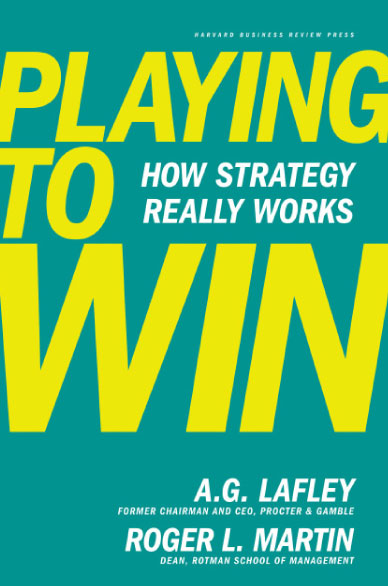 Buy the book
Book roger to speak
Buy the book
Book roger to speak
